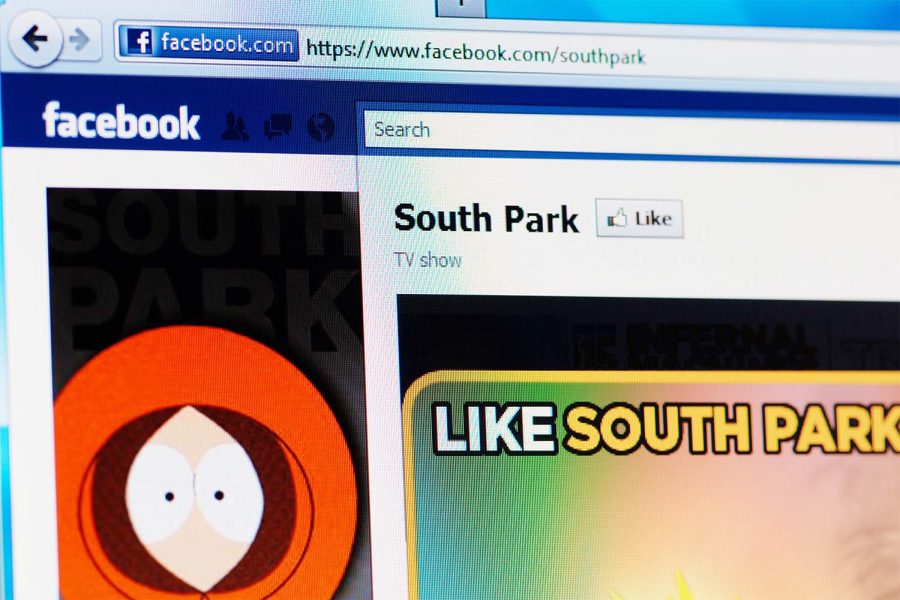Opinion | A critique of ‘South Park’
The show’s politics view American politics in an insufficient manner.
December 11, 2022
The philosophy of “South Park,” and shows like it, are a symptom of the democratic erosion inflicting U.S. politics.
In certain genres of American media, there has been a persistent attitude of enlightened centrism, or the idea that there is a false equivalence between the worldviews of the political left and right.
Comedy Central’s long running satire show “South Park” has been a perpetrator of enlightened centrism as the show makes the philosophical argument that the two dominant political parties in the U.S. are two sides of the same coin.
From here, the argument is extended to show how the two parties have no unique ideas on how to better society and thus work to uphold the status quo.
While it would be absurd to blame “South Park” for democratic erosion, the idea that there is moral equivalence between the values and beliefs of the two political parties is a dangerous idea, for it promotes spreading misinformation, and it furthers democratic decay in the U.S.
In other words, because “South Park” attempts to provide an intellectual critique of American politics from the perspective of an enlightened centrist, it is only fair to examine the dangers of enlightened centrism through the arguments that certain episodes make.
In the episode “Douche and Turd,” “South Park” elementary is forced to change its school mascot from a cow after People for the Ethical Treatment of Animals complains the mascot is insensitive to animals.
Kyle and Cartman, two 9-year-old boys, design campaigns for the school mascot to either a giant douche or a turd sandwich. Kyle supports changing the mascot to a giant douche while Cartman campaigns for the turd sandwich.
The main character of the show, another 9-year-old boy named Stan, becomes disgruntled with the voting process, as he feels the candidates do not reflect what he wants and is disgruntled by the voting process. He decides not to vote, which leads to the town banishing him.
This leads Stan to become randomly dropped off at the PETA protestors compound where he learns the key message of the show. Voting does not matter because all elections come down between either voting for a douche or a turd, and nothing ends up changing because, in politics, there are no values or substantive changes.
The douche and turd dichotomy serves as a crude metaphor to describe Democrats and Republicans. According to “South Park,” the two parties do not actually hold any substantive views and are powered by appealing to the emotions of political hacks, which they describe as most of the voting age population.
While the argument that voting doesn’t matter in a system where the two candidates just uphold the status quo seems appealing at first, it is superficial at best.
Elections clearly have consequences, and to insinuate that they don’t neglects how there is a difference in the outcomes from electing a Democrat or Republican.
For example, the election of Former President Donald Trump in 2016 fundamentally changed the status quo of the U.S. While Trump was not able to successfully legislate, his appointment of three Supreme Court Justices led to the overturn of Roe V. Wade, putting the abortion rights for millions of birthing people in jeopardy.
This false premise that voting doesn’t matter because the two parties are the same encourages nihilism among voters. This then leads them to adopt extreme political views, resulting in a decrease in institutional trust and democratic erosion.
For the record, I enjoy “South Park’s” sardonic humor and repulsive characters. However, I also realize the politics the show pontifies are incorrect, for they lead people to adopt cynicism and extremism regarding American politics.
Columns reflect the opinions of the authors and are not necessarily those of the Editorial Board, The Daily Iowan, or other organizations in which the author may be involved.



